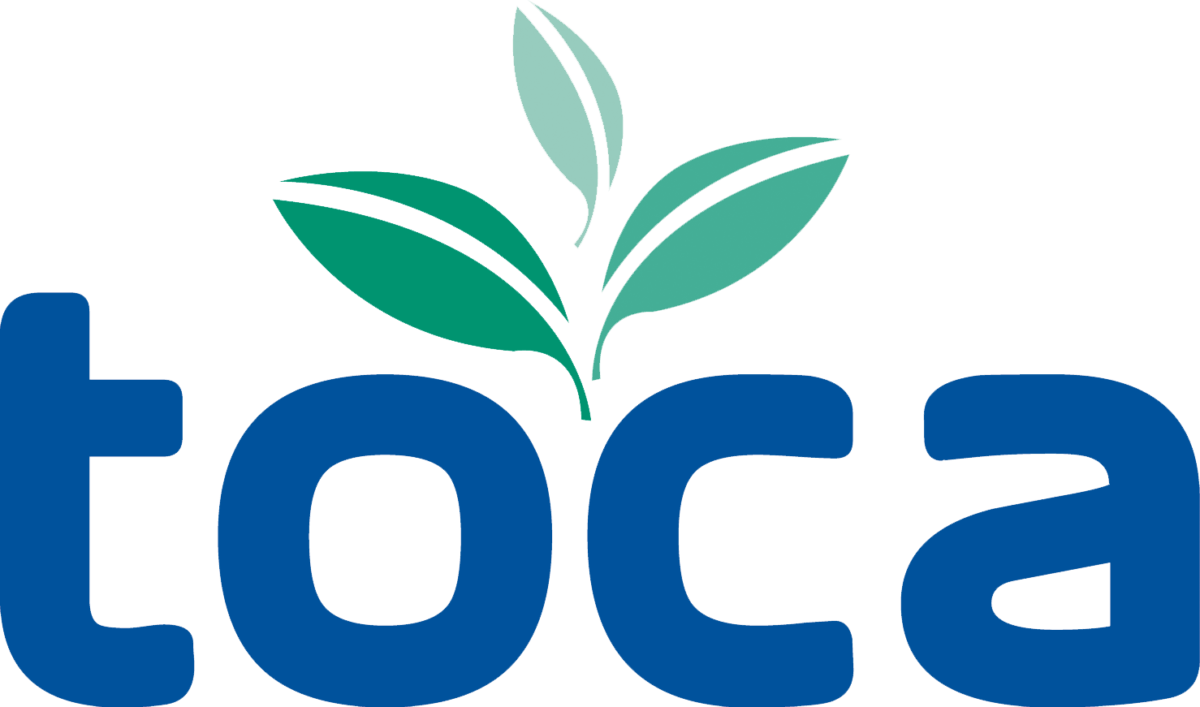Insights into a sports field manager
By Emily Combs
Sun Roesslein is a certified sports field manager and the stadium manager at the North Area Athletic Complex, which is the home stadium for six high schools in Jeffco Public Schools. Roesslein drew from her wealth of experience to share insights with TOCA members. How do sports field managers think and where do they look for information? Roesslein answered these and other questions to give us a peek into the world of a field manager.
As turf industry communicators, we tend to see everyone through a grass lens, but there’s more to field management than turf. Roesslein explained her responsibilities as fitting into three categories: turfgrass maintenance, stadium maintenance and game management. Stadium maintenance includes things like line painting, setting goalposts and snowplowing. Game management extends to collecting tickets and running game clocks. As Roesslein explained, she wears many hats.
How does she keep all of those hats organized? Time management is key to completing all of her responsibilities as a field manager. She knows the things that need to be done out of season to repair and prepare the fields, and she knows the things that can’t wait until the off season to be completed. On game days, she has several to account for: weather conditions, the sport being played and if the teams are made up of men or women. All of these affect how she prepares the field for a game. And, Roesslein pointed out, she couldn’t do it without her fellow field manager — the two of them have a dynamic partnership that thrives on their communication and shared standards.
But when all is said and done, many of the daily responsibilities of field management are solitary. Roesslein shared that she takes advantage of time working alone to listen to podcasts and grow herself both professionally and personally. Because of the active nature of her job, podcasts are the perfect way to multitask. She also finds value in Twitter as a platform to communicate with her peers and the community. Within the industry, communication is more open than it is competitive, she said.
While technology has created new ways for field managers to find information, Roesslein said there’s still value in face-to-face interactions. Trade shows and conferences are helpful when it comes to learning about products, although nothing beats seeing physical evidence of a product working on a field. That’s where the industry’s open communication comes into play, as field managers show off products that work and share feedback on those that don’t. Communicating with vendors directly is another way field managers learn about products, but timing is critical. Roesslein stressed that winter is the best time for representatives to stop by because that’s when she has time to sit down and talk with them. During her busy season, she simply doesn’t have time to spare.
Showcasing the fun parts of her job on Twitter (@SportsTurfSun) is important to Roesslein because she sees it as a way to inspire the next generation of sports field managers. Despite the current labor shortage, Roesslein said she’s optimistic about the future of field management as a well-rounded career path. One of her personal specialties is painting logos, which could even be of interest to art students, she said. She’s also hopeful that plans for a field management internship program will help grow interest among high school students in her own district.
Although field management is demanding, it’s also rewarding. Roesslein shared some of the ways she has benefitted from unexpected opportunities within the industry. Just this year, she was part of the female volunteer grounds crew for the U.S. Women’s Open at The Olympic Club in San Francisco and the grounds crew for the Major League Baseball All-Star game at Coors Field in Denver. These once-in-a-lifetime experiences gave her invaluable connections with other women in the field, who continually inspire her in her work.
For turf communicators, a key insight from Roesslein is that sports field managers don’t seek the spotlight. She shared the mantra, “If you’ve done your job well, no one knows who you are.” This attitude presents a unique challenge for us to seek out the hidden heroes behind our favorite games. Like Roesslein, they all wear many hats — and it’s our job to help them continue to do theirs well.
